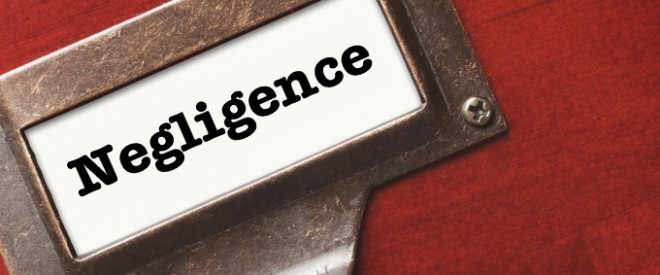If you bring an action for negligence in Ireland, you must prove the defendant was negligent.
The standard of proof is on the balance of probabilities, which is the standard of proof in civil law cases. (The standard of proof in criminal cases is beyond a reasonable doubt).
Essentially, you must establish facts from which negligence can be inferred.
This does not mean you must prove or show how the accident occurred; simply because an event was not foreseen does not mean it cannot be reasonably inferred.
But you must show on the balance of probabilities that the defendant was guilty of negligent conduct which caused the accident.
There is also a principle in the law dealing with negligence-res ipsa loquitur.
Res Ipsa Loquitur
Res ipsa loquitur means “the thing speaks for itself”. There are some cases, where the thing speaks for itself and where there may be no other evidence to prove negligence.
But a presumption of negligence can arise from the fact of an accident. An example would be the case from which this phrase emanates-it involved a barrel of flour falling out the first floor window of a shop and hitting the plaintiff on the head.
The defendant shopowner claimed that there was no evidence of negligence, unless the act itself was evidence of negligence. The Court of Appeal in this case recognised that res ipsa loquitur was appropriate in some cases, and this was one of them.
When will this principle apply?
- When “the thing” is under the control of the defendant
- When the accident would not have occurred if the defendant who controlled “the thing” used reasonable care
This principle will not apply when there is an explanation of how the accident or event occurred.
If the principle applies in your case it will be up to the defendant to avoid liability by showing that the cause of the accident cannot be attributed to his negligence.
The Supreme Court decision in Hanrahan v Merck Sharp & Dohme (Ireland) limited held:
“in the tort of negligence, where damage has been caused to the plaintiff in circumstances in which such damage would not usually be caused without negligence on the part of the defendant, the rule of res ipsa loquitur will allow the act relied on to be evidence of negligence in the absence of proof by the defendant that it occurred without want of due care on his part”.
Conclusion
Assuming your case has the four essential elements of the tort of negligence you will still need to prove negligence to win your case.
